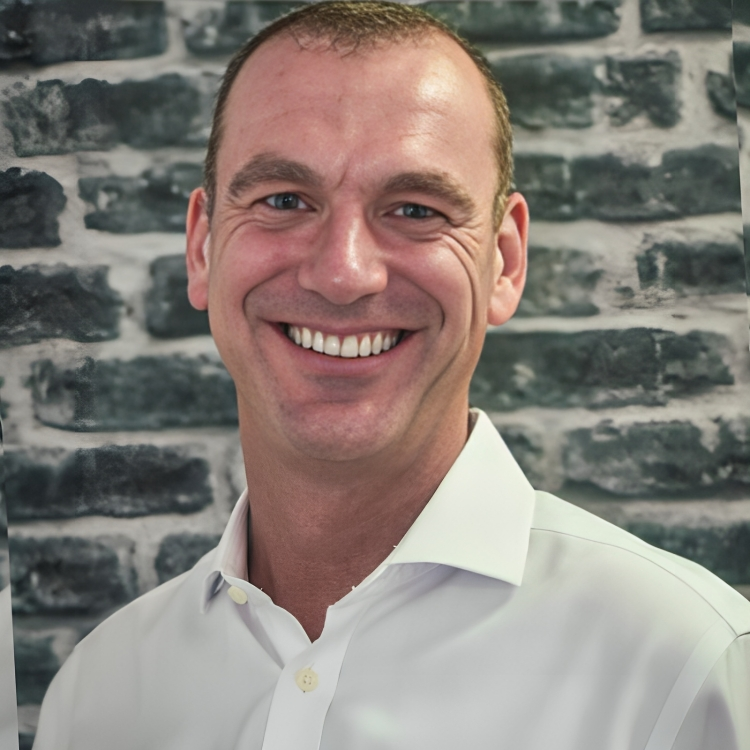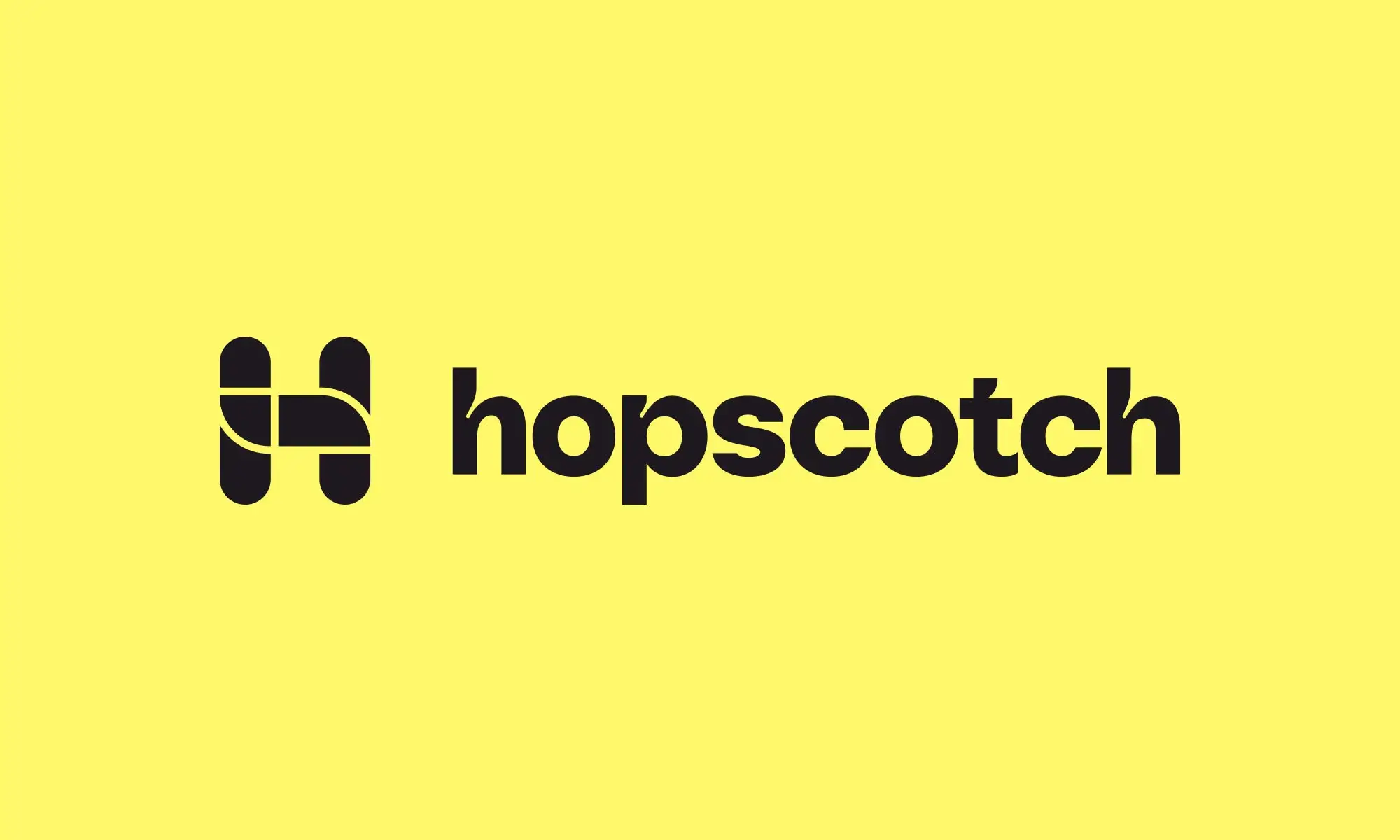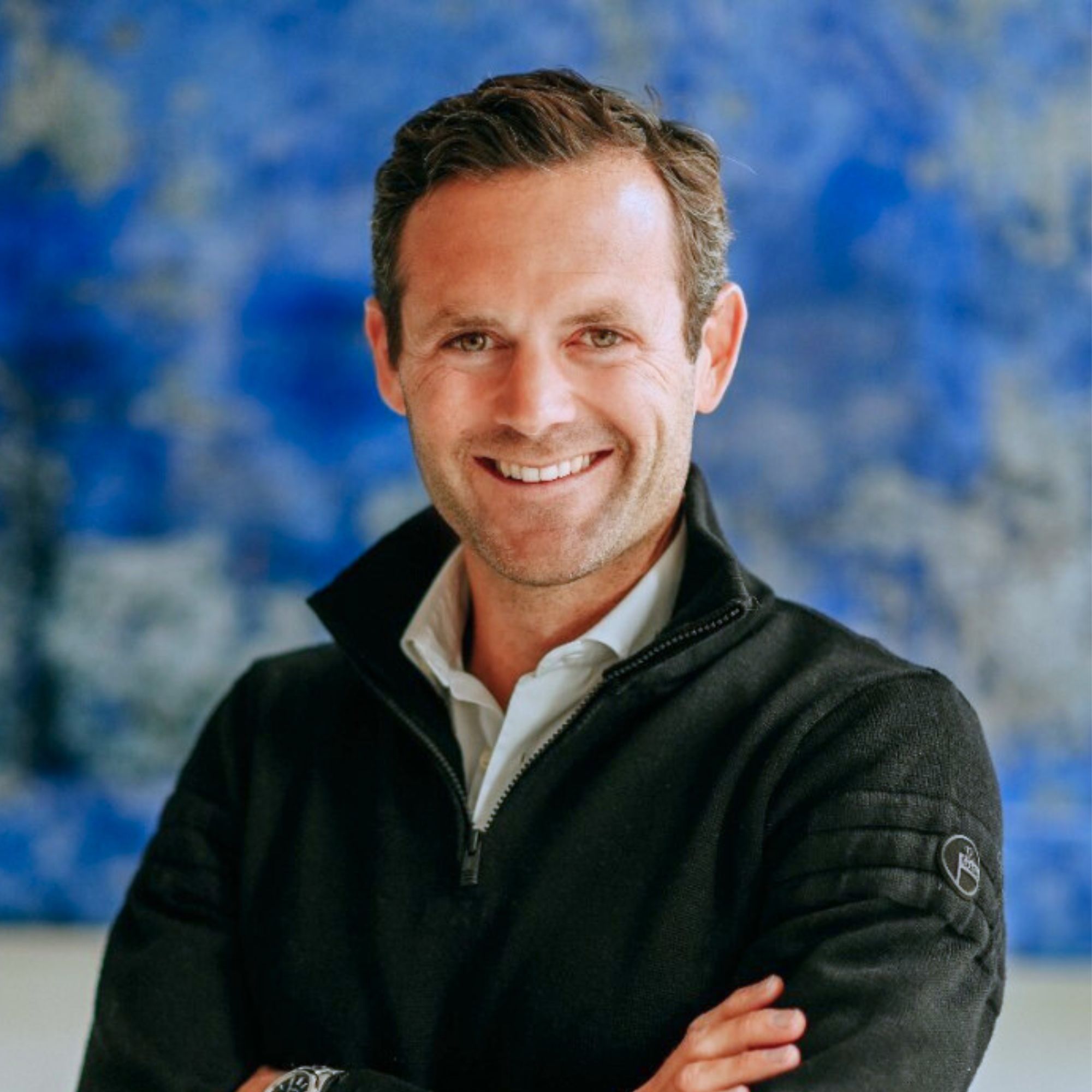Ready to launch your own podcast? Book a strategy call.
Frontlines.io | Where B2B Founders Talk GTM.
Strategic Communications Advisory For Visionary Founders
Conversation
Highlights
Twin Founders, Triple Exits: How Identical Vision and Divergent Skills Drive Startup Success
Twin brothers building multiple successful startups might sound like a Silicon Valley pitch meeting, but for Zeni co-founder Swapnil Shinde, it’s been the secret to accelerating company growth across three ventures. In a recent episode of Category Visionaries, Swapnil shared how having an identical twin as a co-founder has shaped their approach to building and scaling technology companies.
The Power of Complementary Leadership
While many co-founders struggle to define their roles and responsibilities, Swapnil and his brother discovered that their identical backgrounds could become a strategic advantage when paired with deliberate role separation. “Today at Zeni he’s focused on all product and technology, while I’m focused on marketing, sales, operations and all other aspects of the business,” Swapnil explains. This division allows them to “play your battles on two different fields in parallel and hopefully win both of them.”
Reimagining Traditional Service Models
The genesis of Zeni came from a firsthand pain point experienced across their previous ventures. Traditional finance firms operate on an hourly billing model that, according to Swapnil, creates misaligned incentives: “When someone works on an hourly basis, they actually create more work for themselves. They will add more manual stuff so that they can charge you for more hours.”
This insight led to a fundamental reimagining of the service model. Instead of the traditional approach where “Excel sheets are flying back and forth over email” and “books are not even closed till two weeks into the next month,” Zeni built a platform that guarantees daily bookkeeping with real-time insights.
Building Teams for Rapid Execution
Perhaps the most tactical insight Swapnil shared comes from his experience scaling multiple companies. Rather than the common founder approach of wearing multiple hats and gradually building from the bottom up, he advocates for a simultaneous top-down and bottom-up strategy.
“What I have learned after building three companies is that in parallel, if you start building the team top down, you can actually execute five x faster,” Swapnil explains. The key is identifying your limitations early and bringing in experienced leaders who can scale those areas rapidly: “Let’s say you are a Founder, you have a specific skill set, you are great at product, you are great at technology, but you are not great at sales. So what you should do is try to get in the sales leader once you understand the basic fundamentals of selling your product yourself.”
The AI Augmentation Strategy
While many startups position themselves as purely AI-driven, Swapnil takes a more nuanced approach. “AI cannot power 100% of it,” he acknowledges. Instead, Zeni has focused on creating a hybrid model where “AI to build a finance operation platform that automates your bookkeeping, accounting, your yearly taxes, R D tax credit, CFO services.”
This approach has proven successful, with the platform now managing over $1 billion in finances monthly across approximately 400 startups. The key has been finding the right balance: “We are taking the humans, making them collaborate with machines, and then creating that whole experience from the ground up.”
Market Category Creation Through Disruption
Rather than trying to fit into existing market categories, Swapnil’s approach has been to create a new category by disrupting an established industry: “We are actually disrupting an extremely old business, which was extremely human intensive. It’s not sexy at all.” This disruption isn’t just about technology – it’s about fundamentally changing how services are delivered and valued.
Looking ahead, Swapnil envisions evolving the platform further: “Today we have people assisting the platform to do your accounting and bookkeeping, but the future is going to be where the platform will start assisting the other human experts that we have to do accounting and bookkeeping.”
For founders building in any category, these insights highlight the importance of questioning traditional service models, building teams strategically for rapid execution, and finding the right balance between automation and human expertise. The goal isn’t just to disrupt an existing market but to create sustainable advantages through superior operational execution and customer experience.
Actionable
Takeaways
Building a Differentiated Product
Focus on your unique differentiators and what truly delights customers rather than getting distracted by competitors. Build a product that creates an "aha" moment.
Hiring and Team Building
Hire leaders who can take your blueprints and execute 5x faster than you in areas outside your core skillset. Build your team both top-down and bottom-up simultaneously.
Leveraging Investor Relationships
Fundraising gets easier with each startup as existing investors have seen your journey. Aim for a board with strong chemistry, trust and excitement for your problem space.
Defining a New Category
Don't shy away from disrupting old, unsexy industries with highly manual processes. Collaborate humans with AI to create a new category and customer experience from the ground up.
Executing with Velocity
In startups, ideas alone aren't the winning formula - it's about executing rapidly to outpace the competition. Remove founder hats quickly and empower leaders to scale.































































































